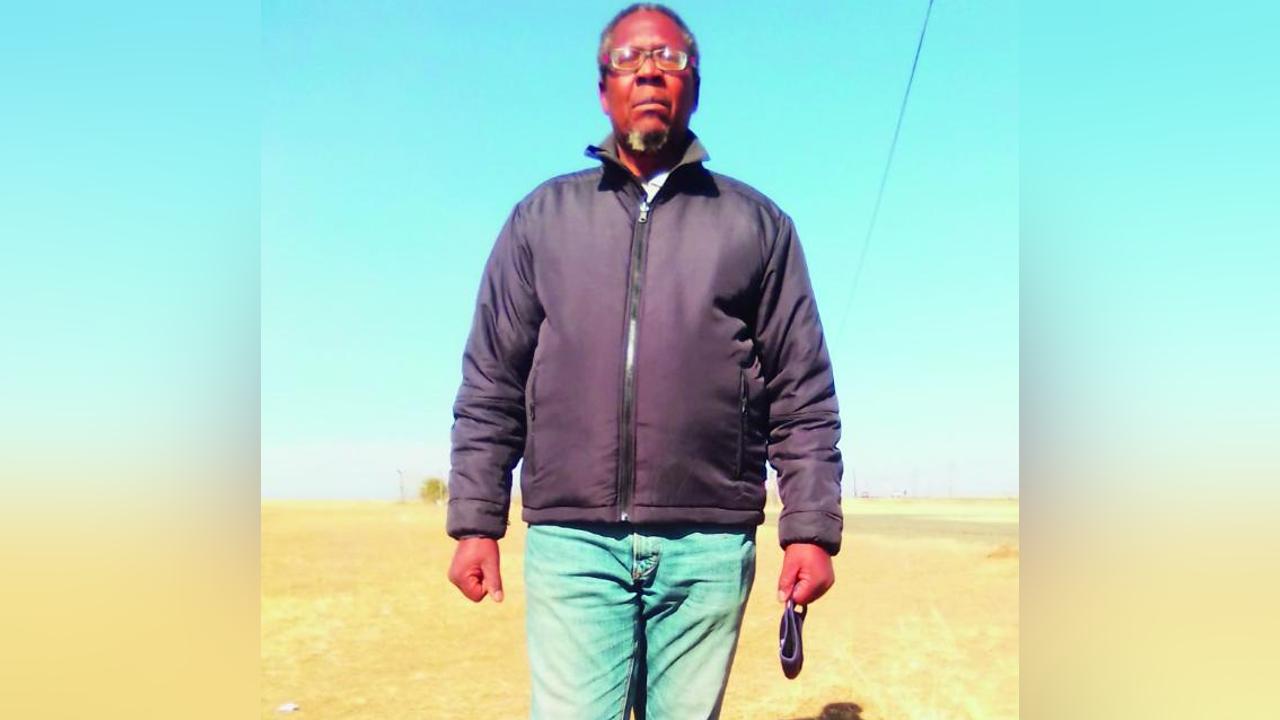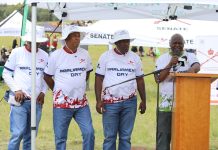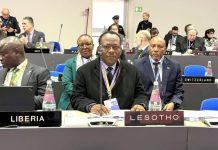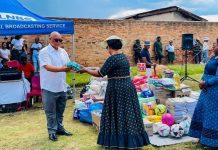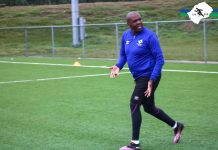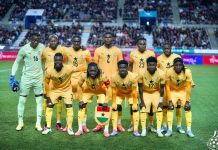Africa-Press – Lesotho. A FORMER Lesotho Liberation Army (LLA) cadre, Masitha Kesi, says he is ready to testify on atrocities allegedly committed by guerrillas during the 1970s and 1980s.
Kesi, 72, told thepost on Tuesday about his eagerness to fully participate in the much touted and at the same time loathed Transitional Justice Commission (TJC).
Kesi said he looked forward to members of the Lesotho army, which was then called the Police Mobile Unit and later renamed the Lesotho Para-Military Force, to divulge the secrets surrounding the deaths of many LLA-associated people.
The army, he claimed, was also responsible for the deaths of many innocent Basotho who had nothing to do with the LLA but were perceived to support it.
Skeletons will tumble out of the closets of the two armies if the TJC, pushed for by the Democratic Congress (DC) and its allies while opposed by the All Basotho Convention (ABC) and supporters, is established by law.
One of the allies of the DC, Popular Front for Democracy (PFD) leader Advocate Lekhetho Rakuoane, has tabled a Bill in parliament seeking to establish the TJC.
The ABC, despite the fact that it is in a coalition government with the DC and had agreed in a cabinet sitting that the Bill should be tabled in parliament, has now made a U-turn and said it no longer supports the establishment of the TJC.
Kesi said his interest is in the truth and he wants it to be told so that “all of us get healed”. “There is no denying that bad things happened against us and we too did bad things to others.
We need full confessions so that we understand the reasons behind these horrors,” Kesi said. “The commission will decide after hearing us whether we should be prosecuted or we deserve to be pardoned,” he said.
“The fact is we all need justice, peace and reconciliation so that we get closure. We are still divided as the Basotho nation because we have not openly told one another the truth. ”
Kesi claimed that the company he was with when he was still in the LLA committed some atrocities “and it could have been against some innocent Basotho who happened to be at the wrong place at the time”.
“These things should be said openly. People want to know what happened to their loved ones and why,” he said.
Kesi said he wants to know what happened to the late Rankoe Sehlabaka, who was allegedly a subject of persecution by the PMU and the then ruling Basotho National Party (BNP).
Sehlabaka’s only sin, according to Kesi, was being a member of the Basutoland Congress Party (BCP), whose members were persecuted because of their political opinion.
He also recalls a villager, whose house was torched and farming machinery which was destroyed when the PMU took him to the Maputsoe police station. The man was later found dead in Butha-Buthe.
Kesi also cited the murders of one Qoako, Lekhotla Mohlanka, and Mohlanka Mohlanka who was disabled but “the PMU had the audacity to also take him”. One Amali of Matasane in Fobane area was shot dead together with his wife by the PMU, he alleged.
These murders happened in the 1970s and early 1980s. “Their families need closure,” he said, adding: “The intended justice and reconciliation commission is a right thing to have.
It’s long overdue” He said what prompted him to join the LLA was how his father was persecuted to the extent that he no longer slept at home but in the veld.
It was after the 1970 election when the then premier, Chief Leabua Jonathan, rejected the results and declared a state of emergency after suspending the constitution.
Several BCP members and other dissenting people were arrested and sent to prison where they languished in lengthy detention facilities without trial. A then young Kesi could not stomach such repression, and decided to join the struggle which resulted in him too being a target of the PMU.
His father skipped the country and worked in the mines while Kesi fled together with other BCP members and later joined the LLA outside the country. “While still out of the country I heard of the harrowing murders of several people in my village and surrounding villages by the PMU,” he said.
Kesi joined the LLA in 1978 and only came back home in 1988 when the military junta, which had toppled Chief Jonathan two years earlier, called for peace that resulted in the return of the exiles.
“I want to state that I had a pathological hatred for the PMU as an institution. I did not have hatred for people as individuals but I was against the system, especially the PMU,” he said.
Kesi said being detached from his family for 10 years psychologically affected him. He said he has since realised that the divisions among Basotho were caused by foreigners, “especially the whites, and we embraced fights as if they were beneficial to us”.
“We fought, killed each other, maimed others, destroyed property but the fight was not ours. We were fighting for our white handlers who had cunningly made us believe that we were fighting for our rights,” he said.
For More News And Analysis About Lesotho Follow Africa-Press

